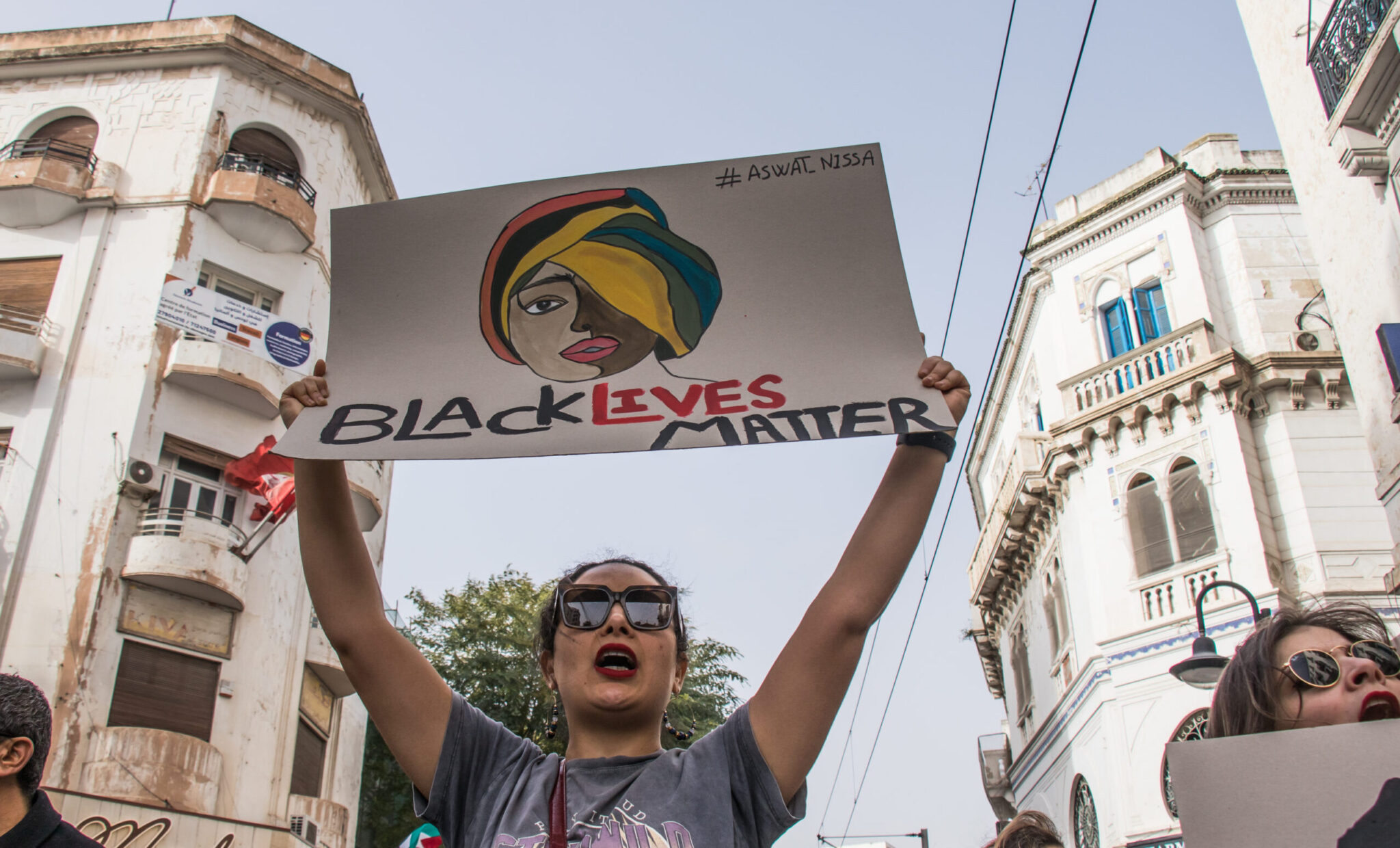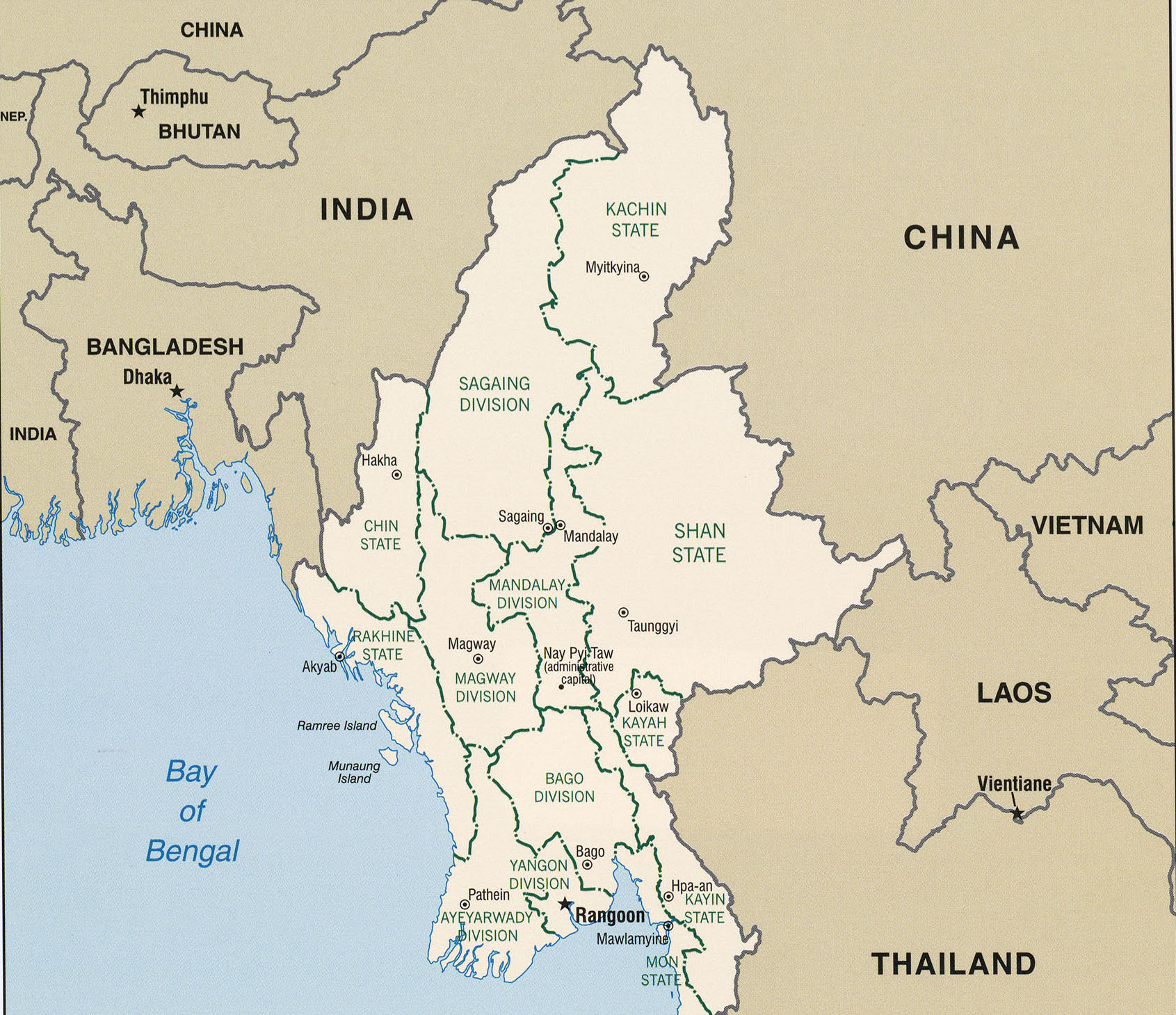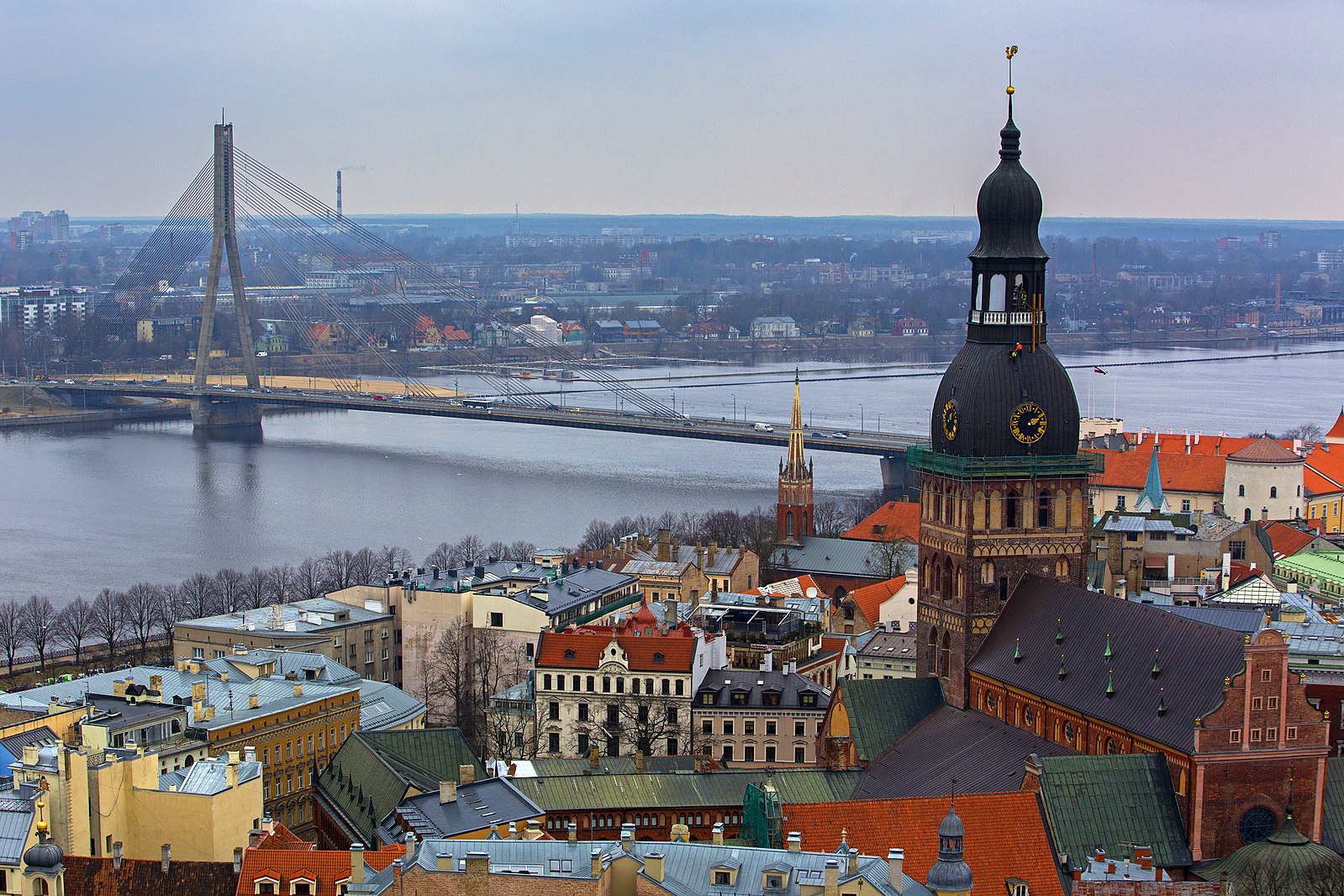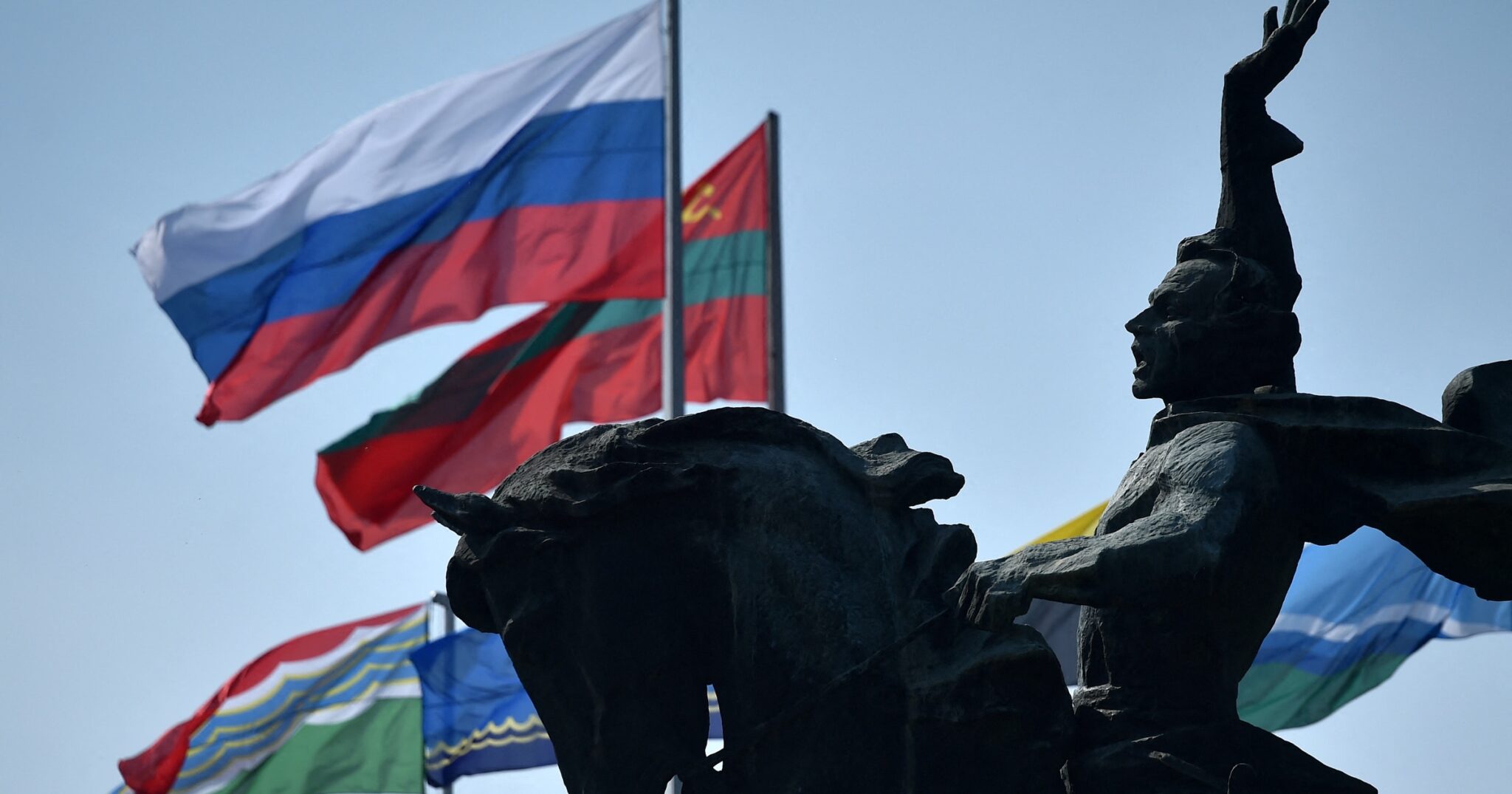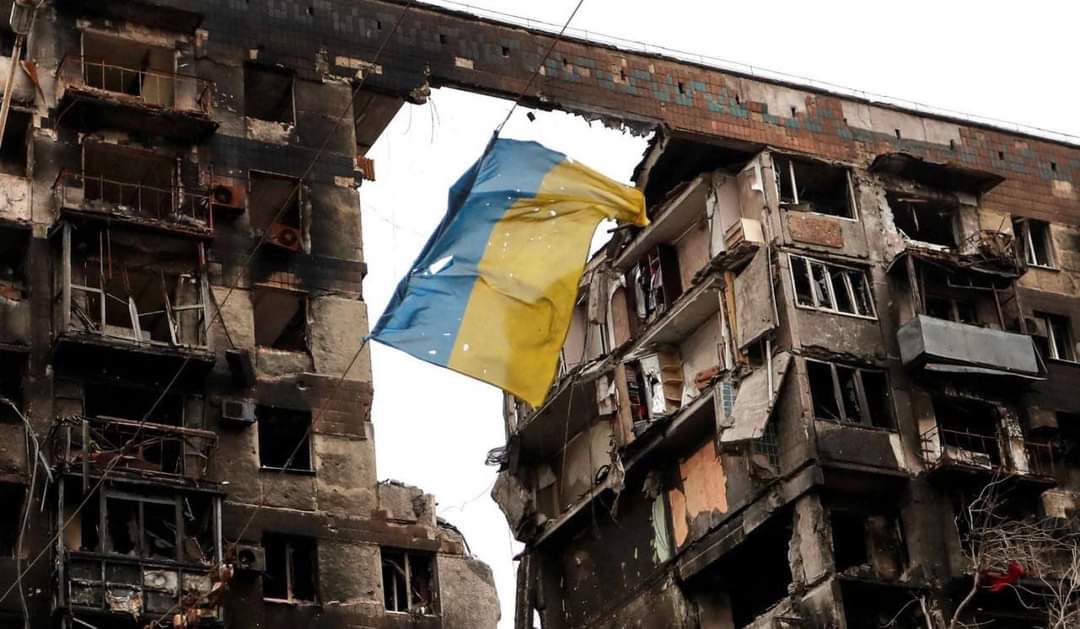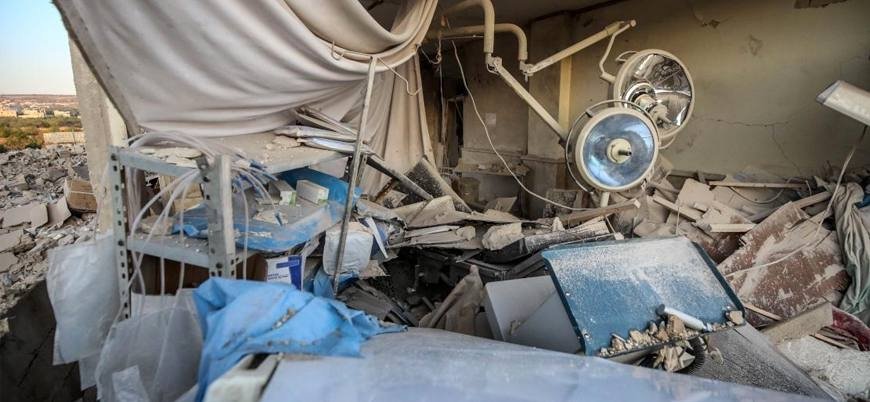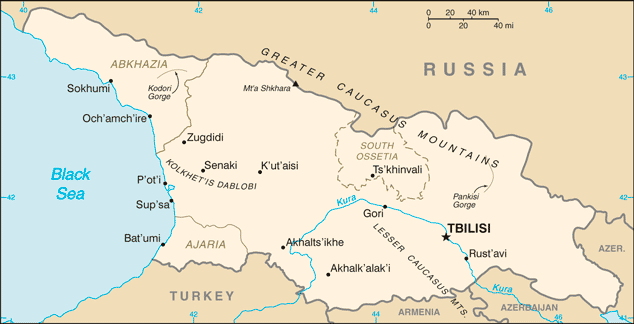Russia agrees to (shorter) grain deal extension
Russia agreed to extend the Black Sea grain deal with Ukraine, but for only 60 days rather than the 120 days of the original agreement. The UN-brokered deal enables safe shipment of grain from Ukraine’s blockaded ports to boost global supply and stabilize prices. The agreement rolled over in November, but Russia now argues that provisions for the easing of restrictions on its own agricultural and fertilizer exports have not been met. So far, 24 million tonnes of grain have been exported under the initiative. But the International Rescue Committee noted that only 10% has gone to countries most in need. It has called on the UN to broker a 12-month deal, pointing out that food price inflation is at 40% in countries most at risk of “humanitarian catastrophe”—double the rate of the rest of the world. (Map: PCL)





